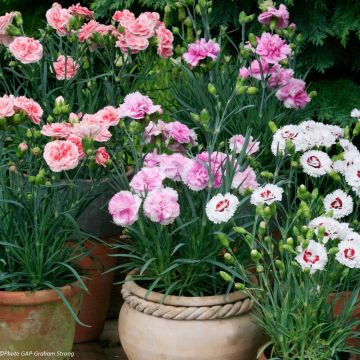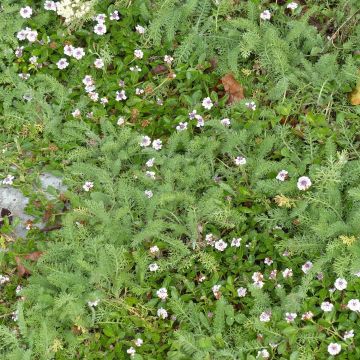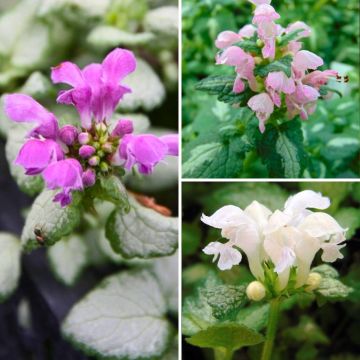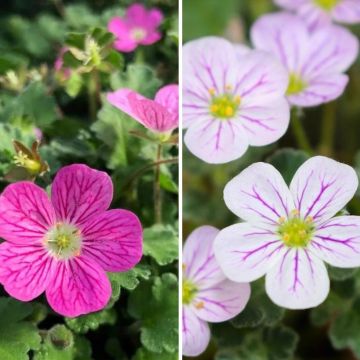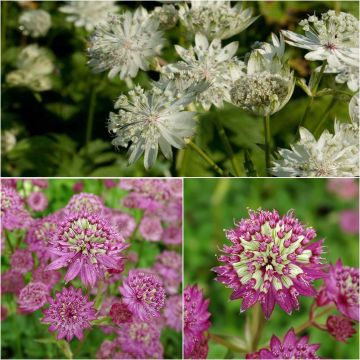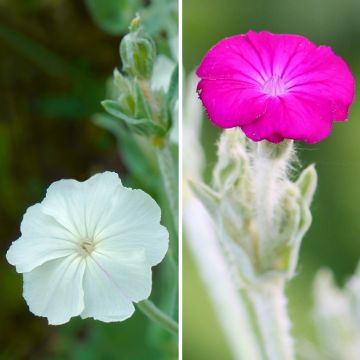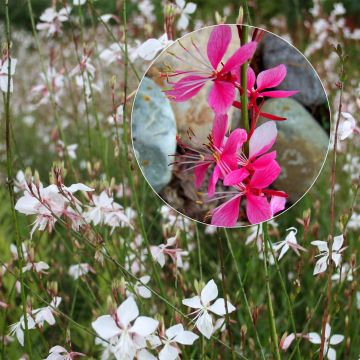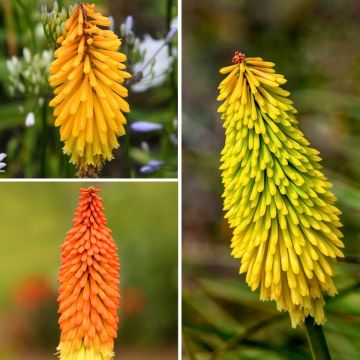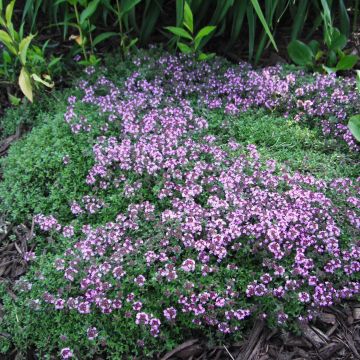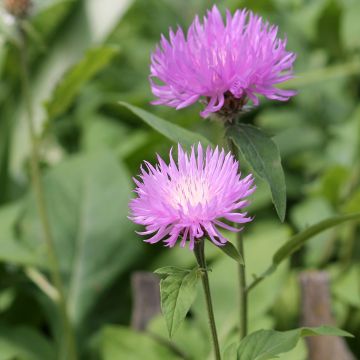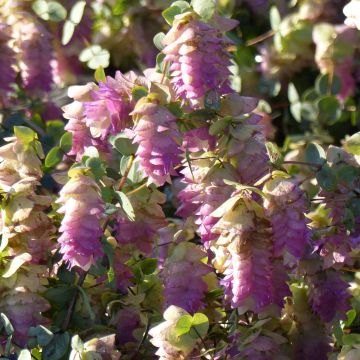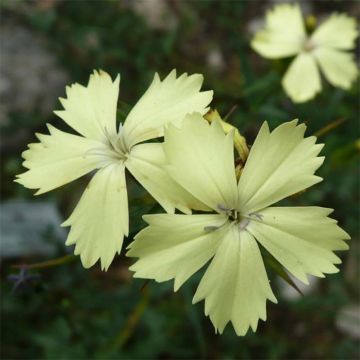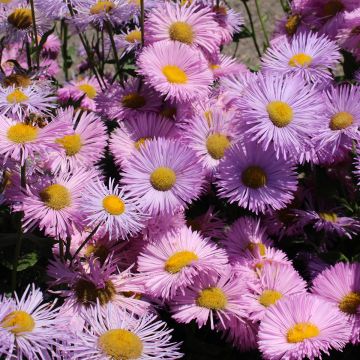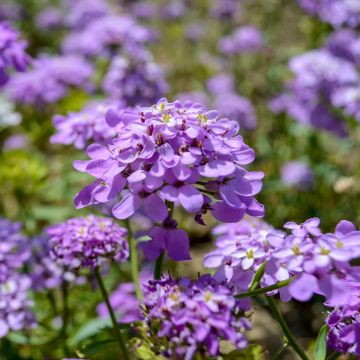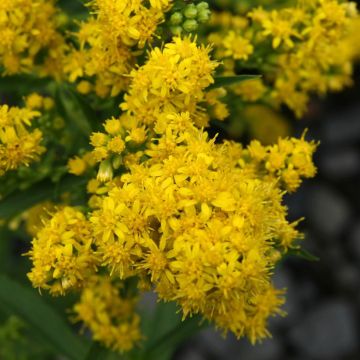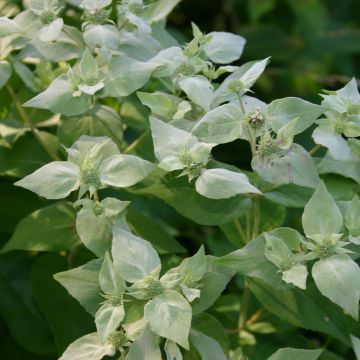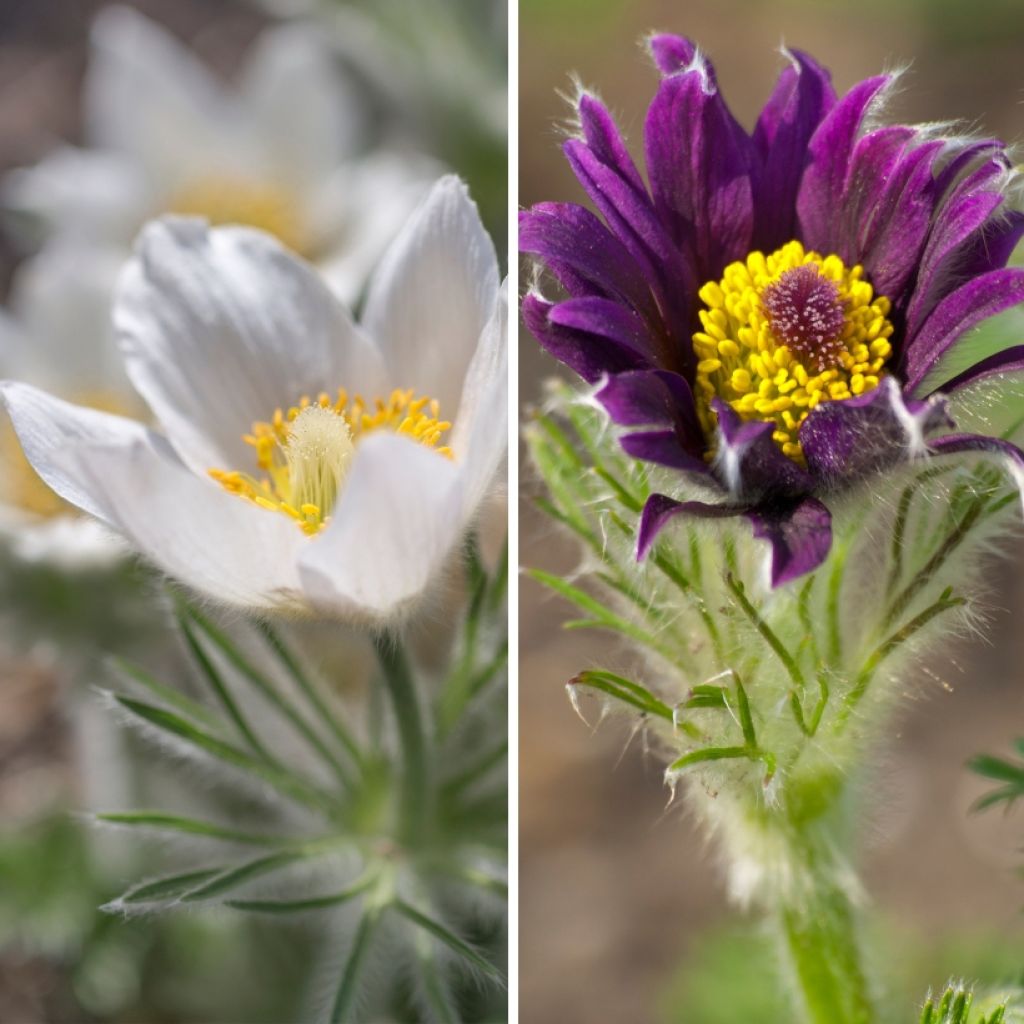

Duo of Pasqueflowers
Duo of Pasqueflowers
Pulsatilla vulgaris Alba, Papageno
Pasqueflower, European Pasqueflower, Common Pasqueflower
Special offer!
Receive a €20 voucher for any order over €90 (excluding delivery costs, credit notes, and plastic-free options)!
1- Add your favorite plants to your cart.
2- Once you have reached €90, confirm your order (you can even choose the delivery date!).
3- As soon as your order is shipped, you will receive an email containing your voucher code, valid for 3 months (90 days).
Your voucher is unique and can only be used once, for any order with a minimum value of €20, excluding delivery costs.
Can be combined with other current offers, non-divisible and non-refundable.
Home or relay delivery (depending on size and destination)
Schedule delivery date,
and select date in basket
This plant carries a 12 months recovery warranty
More information
We guarantee the quality of our plants for a full growing cycle, and will replace at our expense any plant that fails to recover under normal climatic and planting conditions.
Would this plant suit my garden?
Set up your Plantfit profile →
Description
This pair of Pulsatilla anemones, Pulsatilla vulgaris 'Alba' and 'Papageno', enhances the rocky areas of the garden with exceptional spring flowering. While the 'Alba' form is adorned with pure white flowers, the 'Papageno' variety stands out with its semi-double flowers with fringed petals of varying colours. After flowering, a silver-white plume-like fruiting appears, resembling a small shiny wig that will enhance and prolong the interest of the plants. These small montane perennials have a downy foliage that gives them a soft and textured appearance. It is not evergreen in winter. They can withstand temperatures as low as -23 °C.
The pair consists of:
1 x Pulsatilla vulgaris 'Alba': this variety is known for its pure white flowers that pleasantly contrast with its downy green foliage. Reaching 20 to 30 cm in height, it usually blooms between March and April.
1 x Pulsatilla vulgaris 'Papageno': its fringed petals come in shades of pink, white, dark violet, and burgundy, depending on the plants. It is more compact and reaches a height of 15 to 20 cm and blooms a little later, often in May.
These varieties of pasqueflower thrive in well-drained soil, in full sun or partial shade. 'Alba', being slightly taller, would be ideal in a raised bed or rockery background, while 'Papageno' can be placed in the front for maximum visual impact. Plant 7 to 9 per square metre for a dense display and maintain a 30 to 40 cm distance between each plant.
Pasqueflower pairs well with other spring perennials that appreciate rocky soil. You could combine the plants in this duo with Scabiosa columbaria 'Butterfly Blue' for its blue flowers that appear throughout the season. The Doronicum orientale 'Little Leo' would also be an exciting choice for its yellow flowers that will brighten up the scene in spring—lastly, the Aubrieta 'Dr. With its variegated foliage and purple flowers, 'Mules Variegatata' shares the same soil and exposure conditions while providing a contrasting texture.
Report an error about the product description
Flowering
Foliage
Plant habit
Botanical data
Pulsatilla
vulgaris
Alba, Papageno
Ranunculaceae
Pasqueflower, European Pasqueflower, Common Pasqueflower
Alps
Other Perennial collections
View all →Planting and care
Pulsatilla vulgaris is a mountain plant with excellent hardiness, but does not like to be disturbed once it is established. It thrives in sunny, well-drained, fairly dry to slightly moist soil that is not too poor, preferably chalky and stony. It avoids soil that is too wet in winter and poorly drained clay soils, but appreciates cold, dry winters, which prolong its life. This mountain plant fears scorching, excessively arid summers.
Planting period
Intended location
Care
This item has not been reviewed yet - be the first to leave a review about it.
Similar products
Haven't found what you were looking for?
Hardiness is the lowest winter temperature a plant can endure without suffering serious damage or even dying. However, hardiness is affected by location (a sheltered area, such as a patio), protection (winter cover) and soil type (hardiness is improved by well-drained soil).

Photo Sharing Terms & Conditions
In order to encourage gardeners to interact and share their experiences, Promesse de fleurs offers various media enabling content to be uploaded onto its Site - in particular via the ‘Photo sharing’ module.
The User agrees to refrain from:
- Posting any content that is illegal, prejudicial, insulting, racist, inciteful to hatred, revisionist, contrary to public decency, that infringes on privacy or on the privacy rights of third parties, in particular the publicity rights of persons and goods, intellectual property rights, or the right to privacy.
- Submitting content on behalf of a third party;
- Impersonate the identity of a third party and/or publish any personal information about a third party;
In general, the User undertakes to refrain from any unethical behaviour.
All Content (in particular text, comments, files, images, photos, videos, creative works, etc.), which may be subject to property or intellectual property rights, image or other private rights, shall remain the property of the User, subject to the limited rights granted by the terms of the licence granted by Promesse de fleurs as stated below. Users are at liberty to publish or not to publish such Content on the Site, notably via the ‘Photo Sharing’ facility, and accept that this Content shall be made public and freely accessible, notably on the Internet.
Users further acknowledge, undertake to have ,and guarantee that they hold all necessary rights and permissions to publish such material on the Site, in particular with regard to the legislation in force pertaining to any privacy, property, intellectual property, image, or contractual rights, or rights of any other nature. By publishing such Content on the Site, Users acknowledge accepting full liability as publishers of the Content within the meaning of the law, and grant Promesse de fleurs, free of charge, an inclusive, worldwide licence for the said Content for the entire duration of its publication, including all reproduction, representation, up/downloading, displaying, performing, transmission, and storage rights.
Users also grant permission for their name to be linked to the Content and accept that this link may not always be made available.
By engaging in posting material, Users consent to their Content becoming automatically accessible on the Internet, in particular on other sites and/or blogs and/or web pages of the Promesse de fleurs site, including in particular social pages and the Promesse de fleurs catalogue.
Users may secure the removal of entrusted content free of charge by issuing a simple request via our contact form.
The flowering period indicated on our website applies to countries and regions located in USDA zone 8 (France, the United Kingdom, Ireland, the Netherlands, etc.)
It will vary according to where you live:
- In zones 9 to 10 (Italy, Spain, Greece, etc.), flowering will occur about 2 to 4 weeks earlier.
- In zones 6 to 7 (Germany, Poland, Slovenia, and lower mountainous regions), flowering will be delayed by 2 to 3 weeks.
- In zone 5 (Central Europe, Scandinavia), blooming will be delayed by 3 to 5 weeks.
In temperate climates, pruning of spring-flowering shrubs (forsythia, spireas, etc.) should be done just after flowering.
Pruning of summer-flowering shrubs (Indian Lilac, Perovskia, etc.) can be done in winter or spring.
In cold regions as well as with frost-sensitive plants, avoid pruning too early when severe frosts may still occur.
The planting period indicated on our website applies to countries and regions located in USDA zone 8 (France, United Kingdom, Ireland, Netherlands).
It will vary according to where you live:
- In Mediterranean zones (Marseille, Madrid, Milan, etc.), autumn and winter are the best planting periods.
- In continental zones (Strasbourg, Munich, Vienna, etc.), delay planting by 2 to 3 weeks in spring and bring it forward by 2 to 4 weeks in autumn.
- In mountainous regions (the Alps, Pyrenees, Carpathians, etc.), it is best to plant in late spring (May-June) or late summer (August-September).
The harvesting period indicated on our website applies to countries and regions in USDA zone 8 (France, England, Ireland, the Netherlands).
In colder areas (Scandinavia, Poland, Austria...) fruit and vegetable harvests are likely to be delayed by 3-4 weeks.
In warmer areas (Italy, Spain, Greece, etc.), harvesting will probably take place earlier, depending on weather conditions.
The sowing periods indicated on our website apply to countries and regions within USDA Zone 8 (France, UK, Ireland, Netherlands).
In colder areas (Scandinavia, Poland, Austria...), delay any outdoor sowing by 3-4 weeks, or sow under glass.
In warmer climes (Italy, Spain, Greece, etc.), bring outdoor sowing forward by a few weeks.































